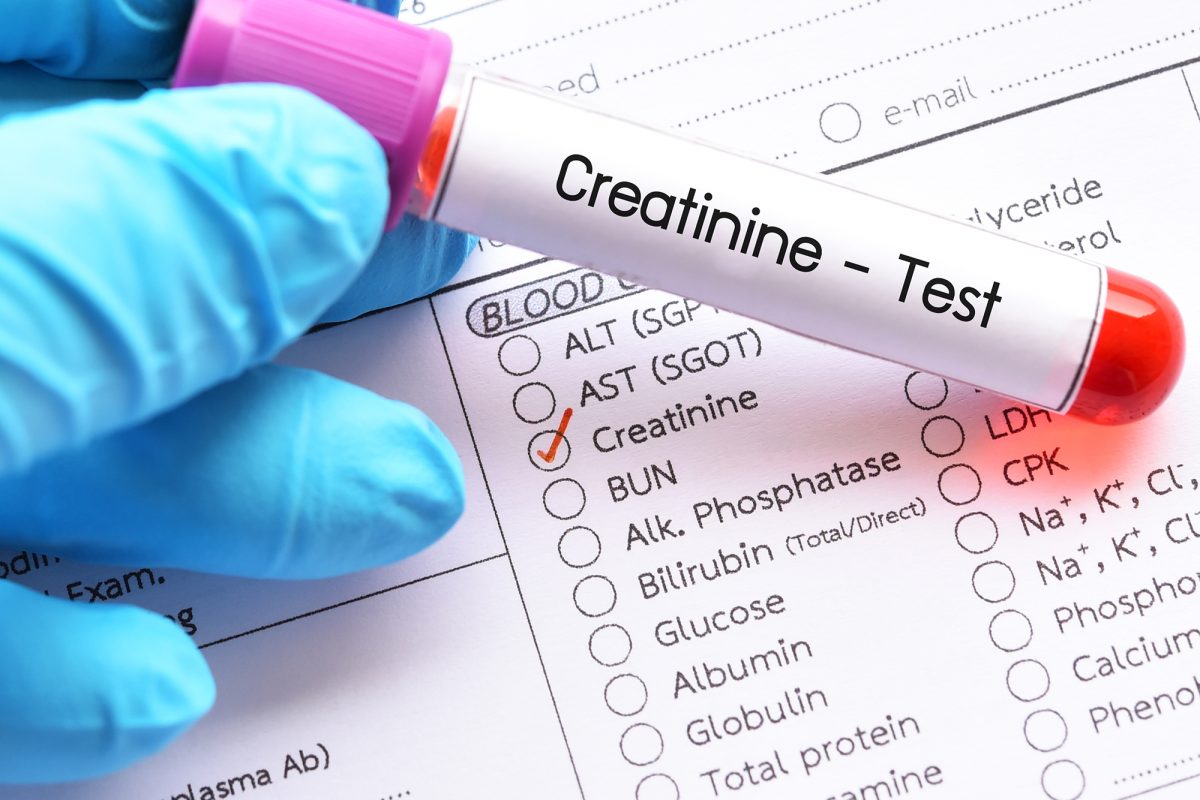Mold toxicity, also known as mold illness or mycotoxin illness, is a condition that can have a profound impact on your health. Mold is a common household problem, and exposure to mold can lead to a range of health issues, some of which may be subtle and easily overlooked. In this article, we will explore the 10 warning signs of mold toxicity that you should be aware of.
1. Introduction
Mold is a type of fungus that thrives in damp, dark environments. While mold plays a crucial role in nature by breaking down organic matter, it can be detrimental to human health when it grows indoors. Mold toxicity occurs when individuals are exposed to mold and its toxic byproducts, known as mycotoxins. This exposure can lead to a wide range of symptoms and health problems.
2. Understanding Mold Toxicity
To understand mold toxicity, it’s important to recognize that not all molds are toxic. However, some molds, such as Stachybotrys chartarum, produce mycotoxins that are harmful when inhaled or ingested. These mycotoxins can enter the body through the respiratory system, skin contact, or ingestion of contaminated food.
3. Common Sources of Mold
Mold can be found in various places, including:
- Water-Damaged Buildings: Buildings with leaks or flooding are at risk of mold growth.
- Bathrooms and Kitchens: Areas with high humidity are prone to mold.
- Basements: Poor ventilation can lead to mold problems in basements.
- Air Conditioning Systems: Mold can thrive in air ducts if not properly maintained.
- Household Items: Mold can develop on damp carpets, upholstery, and clothing.
4. The Warning Signs
- 4.1 Respiratory Issues
One of the most common signs of mold toxicity is respiratory problems. If you experience persistent coughing, wheezing, or shortness of breath, mold exposure could be a contributing factor.
- 4.2 Fatigue and Weakness
Mold toxicity can lead to chronic fatigue and weakness. If you find yourself feeling tired all the time despite getting enough rest, mold may be a hidden culprit.
- 4.3 Headaches
Frequent headaches that don’t seem to have a clear cause could be related to mold toxicity. Mold spores can irritate the sinuses and trigger headaches.
- 4.4 Skin Problems
Skin rashes, hives, and itching may be a result of mold exposure. These skin issues can be persistent and uncomfortable.
- 4.5 Cognitive Impairment
Mold toxicity can affect cognitive function, leading to memory problems, difficulty concentrating, and brain fog.
- 4.6 Digestive Problems
Gastrointestinal symptoms like diarrhea, nausea, and abdominal pain may occur in individuals with mold toxicity.
- 4.7 Muscle and Joint Pain
Unexplained muscle and joint pain can be another warning sign. Mold toxins can inflame tissues and cause pain.
- 4.8 Sensitivity to Light and Noise
Increased sensitivity to light and noise is a less common but significant symptom of mold toxicity.
- 4.9 Increased Thirst and Urination
Mold toxins can affect the endocrine system, potentially leading to increased thirst and urination.
- 4.10 Mood Swings and Depression
Mold toxicity can have a profound impact on mental health, causing mood swings, anxiety, and depression.
5. Diagnosing Mold Toxicity
Diagnosing mold toxicity can be challenging because its symptoms overlap with other conditions. Medical tests, such as blood tests and urine tests, can help determine if mold toxins are present in the body.
6. Treatment and Prevention
If you suspect mold toxicity, it’s essential to address the source of mold exposure. Treatment may include detoxification, nutritional support, and medications to alleviate symptoms. Prevention involves identifying and eliminating mold sources in your environment.
Conclusion
Mold toxicity is a serious health concern that can affect various aspects of your well-being. Being aware of the warning signs is crucial for early detection and intervention. If you suspect mold toxicity, consult a healthcare professional for proper evaluation and guidance.
FAQs
Q1. Can mold toxicity cause long-term health problems?
Yes, mold toxicity can lead to long-term health issues if left untreated. It’s essential to address mold exposure promptly.
Q2. How can I test my home for mold?
You can hire a professional mold inspector to assess your home for mold, or you can use DIY mold test kits available in the market.
Q3. Are there natural remedies for mold toxicity?
While there are no specific natural remedies for mold toxicity, a healthy diet and lifestyle can support your body’s detoxification processes.
Q4. Can mold toxicity affect children?
Yes, children can be affected by mold toxicity, and they may experience symptoms similar to adults.
Q5. Is it necessary to move out of a moldy home?
In severe cases of mold contamination, relocating may be necessary. Consult with experts to determine the best course of action.
In conclusion, being aware of the warning signs of mold toxicity is essential for safeguarding your health. If you suspect mold-related health issues, don’t hesitate to seek professional guidance and take steps to mitigate mold exposure in your environment.


 Home
Home









